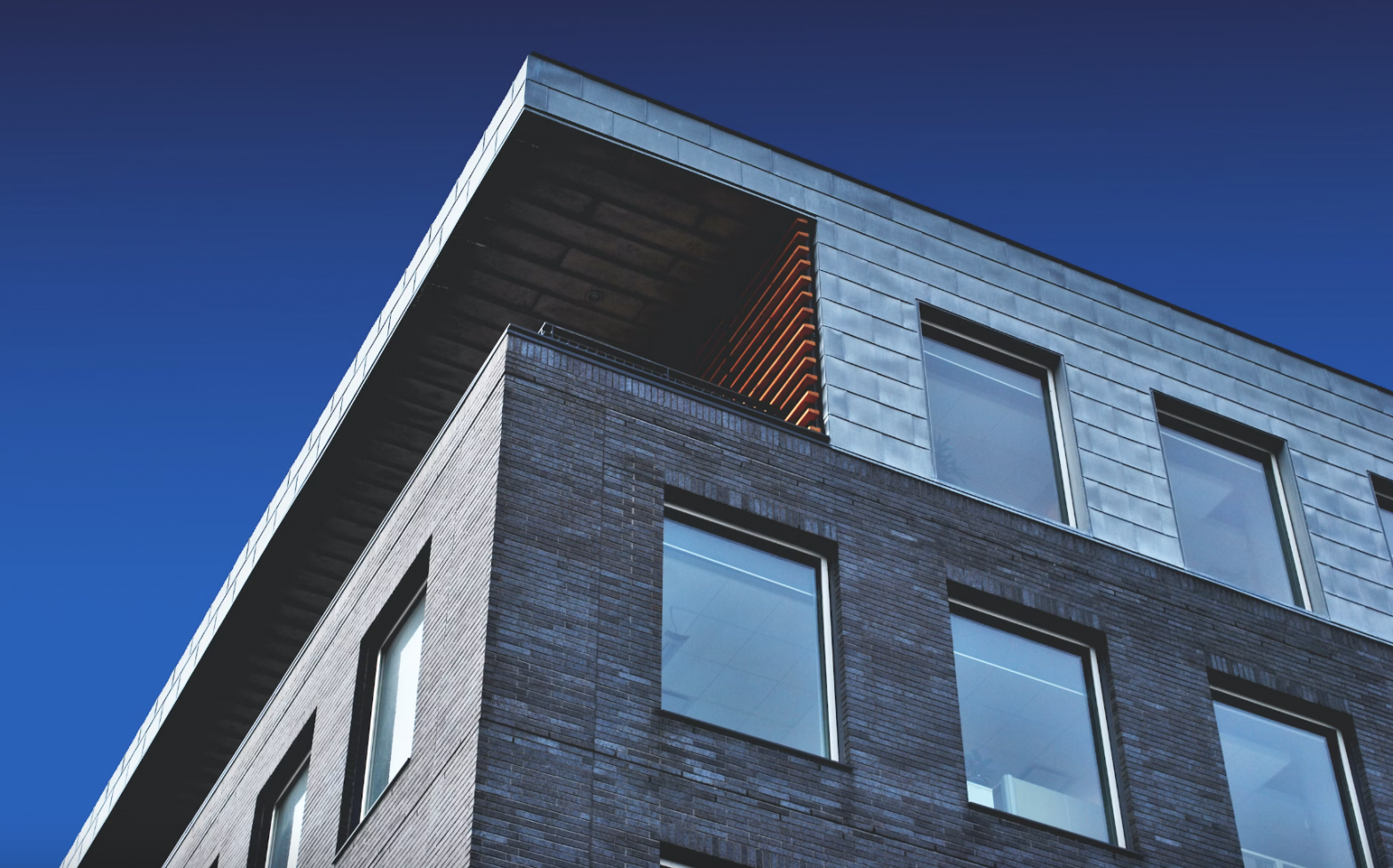
Recently, we successfully assisted an individual leaseholder client in claiming damages, including loss of income, for her newly built flat in a prestigious area of London.
Background
Prior to the Covid pandemic, the client complained about occasional leaking in the bathroom of the flat. The problem became more serious after the client let the property out on residential tenancy, resulting in a loss of enjoyment and financial setbacks such as a reduction in rent.
The representative for the landlord/developer had been slow in responding and had withheld the building survey from releasing to our client. The landlord/developer finally proceeded to work on remedying the defect, however the process had been slow and had an adverse impact on our client’s use and financial return on the property.
We identified that the landlord/developer had breached the contract and had acted negligently. We claimed damages including loss of use/enjoyment, special loss, and loss of rental income for the time that the flat was unavailable due to the repair.
After admitting their wrongdoings, the landlord/developer agreed to compensate for the claimed loss and the matter proceeded to a speedy settlement without the need for court proceedings, saving lots of time as well as costs.
Points to Consider
For leaseholders facing similar situations with defects in the building, there are some general points to consider:
1. Start by documenting all the leaks and defects in the building. This includes taking photographs, videos, and writing down detailed descriptions of each problem. Keep a record of dates when you noticed the issues and any communication you have had with the representative or relevant person regarding the problems.
2. Review your contract and Lease: Carefully review the contract you signed with the developer. Look for clauses that relate to warranties, guarantees, and responsibilities of the developer for any defects in the building. This will provide you with a basis to understand the developer’s obligations and your rights.
3. Know the warranties: Familiarise yourself with the warranties for new homes or buildings, which developers must adhere to. These warranties generally cover a specified period and protect against major defects.
4. Contact the relevant person for the developer or the landlord: In the case of leaks and defects, it is important to notify the developer, landlord, or management company as soon as possible. Submit a formal written complaint outlining the issues, backed by the evidence you have collected. Request a meeting or discussion to resolve the matter. Maintain copies of all correspondence for future reference.
5. Engage an expert: For very serious issues, consider seeking advice from a qualified professional such as a building surveyor. They can assess the severity of the issues, determine the cause, and provide you with an expert opinion. This report can be valuable evidence to support your claim against the developer.
6. Seek proper legal advice: If the developer does not respond or fails to resolve the issue satisfactorily, consider consulting a solicitor with expertise in this area, who can review your case, advise you on your legal rights and options, and guide you through the process of claiming compensation.
7. Explore alternative dispute resolution: Solicitor negotiation, mediation or arbitration may be options to resolve the dispute outside of court. These methods involve third party assisting in negotiations and reaching a settlement. They can be more efficient and cost-effective compared to litigation. Such as in our case, the settlement was a result of solicitor negotiation.
8. Consider litigation: If all other methods fail, you may need to proceed with a claim against the developer. In this case, your solicitor will guide you through the legal process and present your case in court. But we will always advise that litigation can be time-consuming, expensive, and uncertain, so it should be the last resort.
Heads of Damages
If you are considering claiming, please note the specific types of damages that can be pursued will vary depending on the circumstances of the case. However, here are some common heads of damages that may be available:
1. Cost of repairs: You can claim the cost of rectifying the defects or carrying out necessary repairs to the property. This would include the cost of materials, labour, and any professional fees associated with the repairs.
2. Diminution in value: If the defects or disrepair are serious and have reduced the value of the property, you may be entitled to claim the diminution in value. This would be the difference between the value of the property before and after the defects became apparent.
3. Loss of use/enjoyment: If the defects or disrepair have caused inconvenience, discomfort, or loss of use of certain parts of the property, you may be able to claim for loss of use/enjoyment. This compensation is aimed at compensating for the loss of enjoyment or disruption caused by the defects.
4. Special damages: In some cases, you may be able to claim for any specific monetary losses that are directly linked to the defects. In our case, the defects caused water damage to client’s personal belongings, resulting in financial loss, we sought special damages to cover those specific costs.
5. Consequential damages: If the defects or disrepair have led to additional financial losses, such as increased utility bills or relocation costs, you may be able to claim consequential damages. These damages are intended to compensate for the financial consequences that arise as a result of the defects. In our case, we had claimed loss of rent which should have been a source of income for our client given the location and high demand of the flat on the market.
6. Fees and legal costs: You may be able to claim the professional fees incurred in assessing the defects, preparing reports, or obtaining legal advice. This includes fees paid to architects, engineers, surveyors, or any other professionals whose expertise was required to evaluate the defects and recommend remedies. In some cases, you may be able to claim your legal costs associated with pursuing the compensation claim against the developer. This would include fees paid to solicitors or barristers representing you. In our case, the client had been compensated their legal cost too.
If you have proceeded to or are considering proceeding with such claim, please note that sometimes the damages claimed might be challenged and disputed. It is advisable to seek proper legal advice to assess the circumstances of your case and determine the appropriate route and heads of damages and to better navigate the process of your claim.
Have questions? Get in touch today!
Call us on 020 7928 0276, phone calls are operating as usual and will be taking calls from 9:30am to 6:00pm.
Email us on info@lisaslaw.co.uk.
Use the Ask Lisa function on our website. Simply enter your details and leave a message, we will get right back to you: https://lisaslaw.co.uk/ask-question/
For more updates, follow us on our social media platforms! You can find them all on our Linktree right here.



